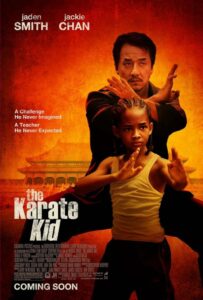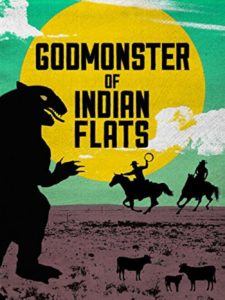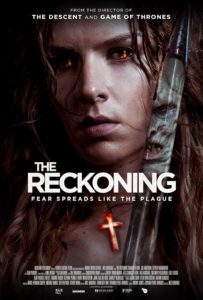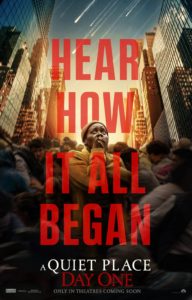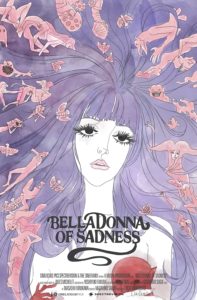 Here’s how you know something is rotten in the state of Marvel: we made plans to see a movie on June 1st, just thirty days after a May 2nd release date. And no Alamo Drafthouse in the DFW area had even a partial screen for the movie in its fifth week of release. That just hurts.
Here’s how you know something is rotten in the state of Marvel: we made plans to see a movie on June 1st, just thirty days after a May 2nd release date. And no Alamo Drafthouse in the DFW area had even a partial screen for the movie in its fifth week of release. That just hurts.
And it’s also sad, because after six years, Marvel seems to be getting back into a groove. What I mean by this is not that their stories have improved, although I think they have. I mean that it feels like all of the movies I’m watching this year are tied together. It’s not the spaghetti test approach of throwing each new thing against the wall to see whether it sticks, there’s an actual throughline to the flicks being released. It’s exciting!
After the harrowing events of the movie I watched last week[1], the Contessa[2] Valentina Allegra de Fontaine is on the run from Congress and cleaning house as far as her various special projects. You could, but probably do not, recall her recruiting a varied group of powered individuals across multiple movies and TV shows that have aired since Nick Fury went into space to hang out with his cat[3] and therefore nobody was around to think big picture anymore. Well, Director de Fontaine has been here to swoop in and fill that blind spot in our collective foresight.
Except, well, her hands are not as clean as we might wish them to be, both in terms of the kinds of projects she has supported and most likely in terms of the gains experienced by her investment portfolio, if you know what I mean. So as I said, she’s cleaning house, which involves sending Yelena[4] (among her other recruits) to prevent the theft of dangerous and classified material (among the Contessa’s[2] other clean-up missions). In many ways, what Yelena finds there is not what she expected. And I don’t just mean because she’s been feeling burned out and has asked that this be her last mission. (I don’t not mean that, it’s just not the only thing I mean.)
Two or three action set pieces later, Yelena, John Walker[5], and a handful of other misfits and/or one-time criminals are facing off against an existential threat[6] to the city of New York, and possibly to the world. I can confidently say that this will not go the way you expect it to.
Anyway: I liked all the characters (though I could wish Ghost had been provided a little more development), I found the story beats to be novel or at least adjacent to novel, and I want to go back to my first point, which is how much I loved seeing aftershocks from Brave New World and foreshocks from Fantastic Four: First Steps. Many individual movies since the end of Phase 3 have been good (and many have been, ahem, not so good), but this is the first time in those six years where it has felt like they’re all connected.
If they can keep doing this, the MCU might be able to come back from limbo.
[1] No link, it’s literally one review back. Just click the “previous” button, or scroll down.
[2] Technically not (as far as I know) a countess in the MCU, but what’s a title or two between friends?
[3] Technically not a cat
[4] Who you may remember as Natasha Romanov’s sister and fellow Red Room Widow
[5] Who you may remember as Captain America, for at least 10 minutes before he got fired
[6] I might go so far as to say an existential terror
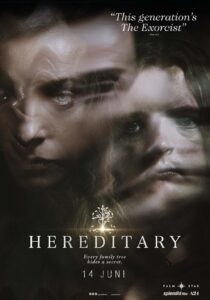 Because I have not been hiding under a rock, I’ve known about Hereditary since 2018, maybe 2017. But it always seemed a little bit too much, so I held off, and held off, and kept holding off, and finally it took on a life of its own I guess? But, because I sort of have been hiding under a rock, I also managed to avoid virtually all information about the movie, and thus came into it essentially unspoiled, excepting only genre, really.
Because I have not been hiding under a rock, I’ve known about Hereditary since 2018, maybe 2017. But it always seemed a little bit too much, so I held off, and held off, and kept holding off, and finally it took on a life of its own I guess? But, because I sort of have been hiding under a rock, I also managed to avoid virtually all information about the movie, and thus came into it essentially unspoiled, excepting only genre, really.